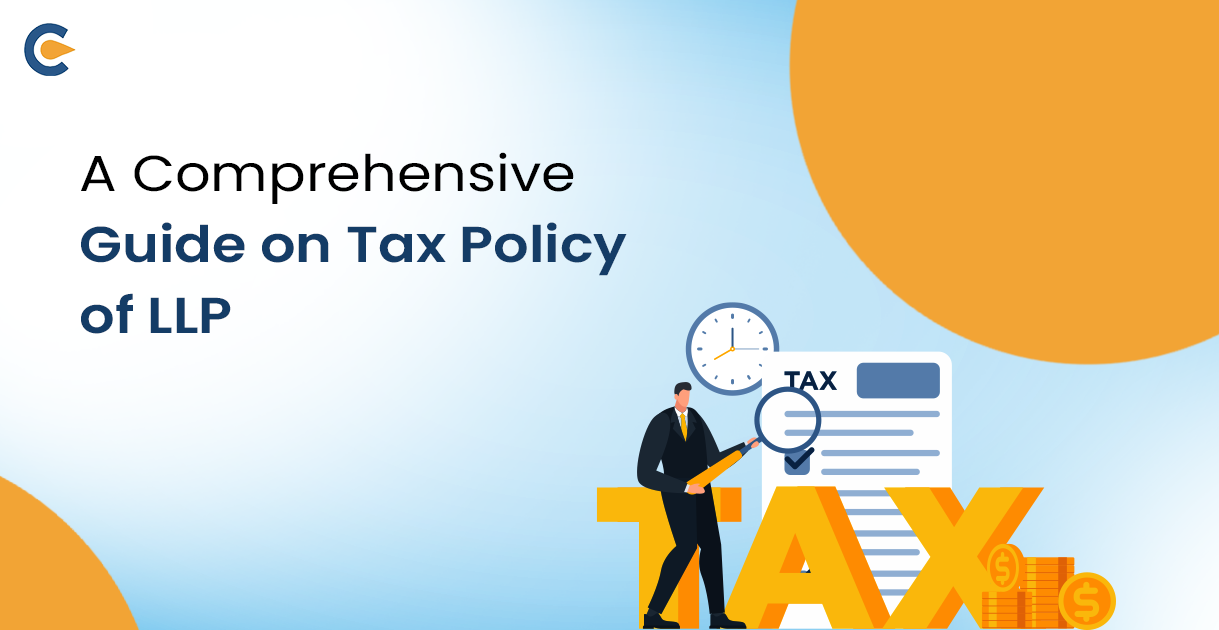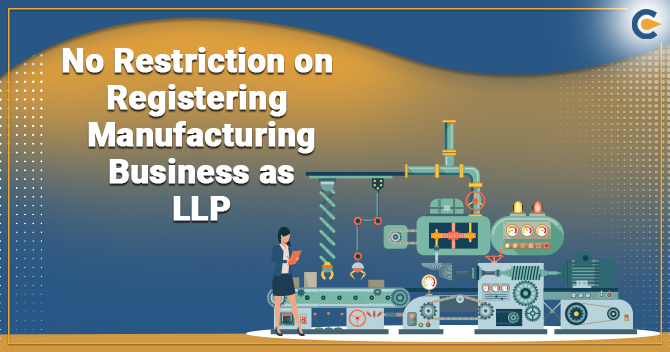Income Tax on LLP of tax policy of LLP is levied as set by the government on a timely basis. LLP is a legal entity that is registered under the Limited Liability Partnership Act, 2008, having a separate identification. It can enter into business with other businesses and individuals as well. The firm’s partners are not individually liable for the tax, but the liability is on the firm. It was the amendment of the Income Tax Act by the Finance Act of 2009 that stated that tax on LLP would be taken like a partnership firm.
Income computation of an LLP
Taxable LLP Income has to consider the income from house property (if there is any property owned by the LLP), any capital gains of the LLP, income from the running business in due course, or any other sources. Before calculating the Tax on LLP, all the business expenses that are allowed, as per the Income Tax Act, need to be deducted along with the salary of the partners.
Partner’s Interest Provision
- The partnership deed authorizes the payment of interest
- The interest rate should be 12% or less than that
- After the completion of the deed, this payment will be calculated
Salary of the partners as per Section 40b
- Partners working would be paid remuneration
- Authorization is given in the partnership deed
- Remuneration would be given for a period after the partnership deed
- It should be in line with the permissible limit
The tax policy of LLP says that in case there is positive book profit, then for the first three lakhs, it would not exceed Rs 1.5 lakhs or 90% of the profit of the book (whichever is higher), and on the left balance, it would be 60% of the profit of book while calculating the Taxable LLP Income.
The deductions allowed for tax on LLP are included under sections 80G, 80GGA, 80IA, 80IC, 80ID, 80IE, and 80JJA, the losses that are brought forward from the previous year, and depreciations that are unabsorbed.
LLPs are not allowed to claim certain benefits under section 44AD, but the partnership firm is allowed to claim those benefits.
Tax Policy of LLP
The tax policy of LLP includes all the taxable LLP income and bifurcates it into the tax rate slabs. The LLP needs to file the ITR on or before the designated date to avoid tax liabilities and further interest on the tax.
The tax rate in the case of long-term capital gains is 20%,under section 111A for short-term capital gains is 15%, and for other incomes, it is 30%. In a case where taxable income exceeds Rs one crore, including the capital gains, it is 12%, but a slight relief can be granted. 4% of the Income-tax amount and surcharge is taken as the Health and Education cess.
As per section 115JC, Income tax on LLP cannot be less than 9%, excluding cess of the total adjusted income.
Method of Tax Payment as per Tax Policy of LLP
The tax Policy of LLP states ways through which the Income on LLP can be paid to the authorities; these are-
- Physical mode- The tax on LLP can be paid in the physical mode by paying through the hard copy of the challan by going to the designated bank.
- Online mode- making tax payments through electronic mode. Payment through electronic modes is necessary in the case where a firm is liable for its accounts to get audited under section 44AB of the Income Tax Act, 1961.
Important Provisions to File Returns for an LLP
Here are a few important provisions that the LLP must comply –
- To file income returns even if the business has suffered losses.
- E-filing of the firm needs to be done.
- IT returns should be signed by the designated partners of the LLP; if, for some reason or another, the designated partner’s signatures cannot be taken, then in that case, the signature of any partner is mandatory.
- The ITR-4 or ITR-5 form has to be filled out as per the respective case.
- According to the LLP Act of 2008, any LLP with a turnover of more than Rs. forty lakhs or a capital commitment of more than Rs. Twenty-five lakhs must have their books audited by a chartered accountant yearly. According to the Income Tax Act of 1961, any LLP with a revenue of more than Rs. One crore is required to have its accounts audited annually by a chartered accountant.
Conclusion
As per the tax policy of LLP, income tax on LLP has to be filed within the time limit to evade the liabilities. Income Tax is a good source of income for the government, which is used for the benefit of the public at large. This is why the government emphasized the income tax not only on an LLP but also on other corporate bodies and individuals.
Corpbiz helps the LLPs perform business activities and not stress about the tax policy of LLP by providing timely filing of income tax returns to avoid the LLP getting into any legal trouble.
Frequently Asked Questions
- 1. What are the due dates of the Taxable LLP Income?
The due dates of the Taxable LLP Income are-
• 30th September of the Assessment Year for the firms that are required for Income tax on LLP.
• 30th November of the Assessment Year for the firms that need to submit a report under section 92E Form 3CEB.
• 31st July in other cases. - 2. Since when has the surcharge been levied on LLP?
With effect from the Financial Year 2013-2014, if the income of the LLP is greater than one crore rupees, a surcharge of 10% is taken from them. - 3. What is the minimum tax payable by the LLP?
The minimum tax payable by the LLP has to be 18.5% of the income as per section 115JC, excluding expenses and deductions.
- 4. What are the tax benefits of the partners of an LLP?
The partners of an LLP enjoy the no Dividend Distribution Tax benefit.
- 5. Is there any form to be filled out for the partner’s remunerations?
Yes, Form 1065 (Schedule K-1) has to be filled to provide details of the partners, like their profit share.
- 6. What is partner remuneration?
Partner remuneration is the monetary benefit that the partner takes from the accounts of the firm in a financial year in return for the services that he/ she provides for the firm in due course. These remunerations can be in the form of a share in profit, salary, or interest on capital.
- 7. Is online tax payment mandatory as per the tax policy of LLP?
No, payment through electronic modes is only necessary in the case where a firm is liable for its accounts to get audited under section 44AB of the Income Tax Act, 1961.
- 8. What does section 40b of the Income Tax Act state?
Section 40(b) of the Act allows a deduction for interest paid by the company to its partners on their capital or loan. For deductions in taxes, the interest paid should not exceed the applicable limit; otherwise, the tax needs to be paid on the excess amount.
- 9. What does section 10 (2A) of the Income Tax Act state?
In the profit sharing of the firm, the partner's share is exempted from the tax in the hands of the partners.
- 10. Which section in the income tax act includes an LLP?
Section 2(23)(i) of the Income Tax Act, 1961, includes the definition of an LLP as given in the Limited Liability Partnership Act, 2008.
Read Our Article: Tax Audit Limit For AY 2023-24











